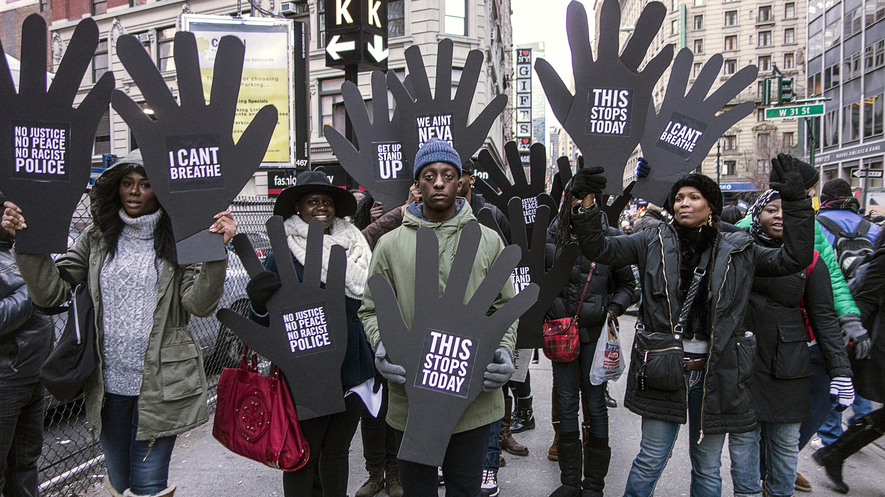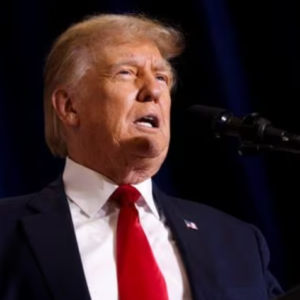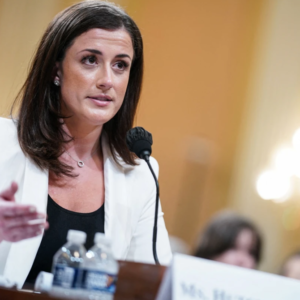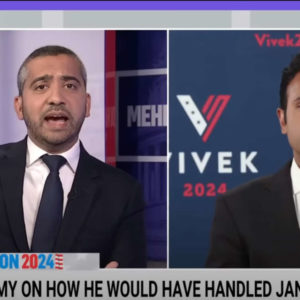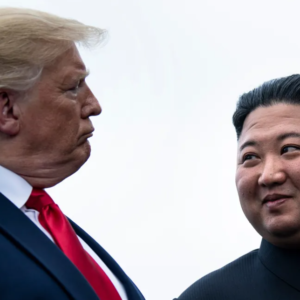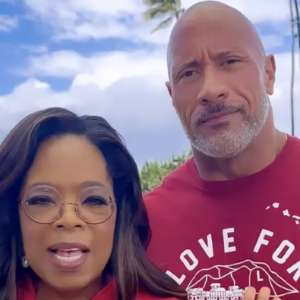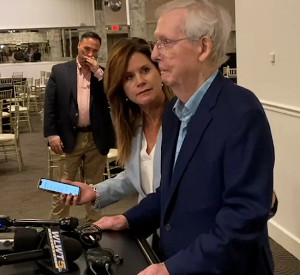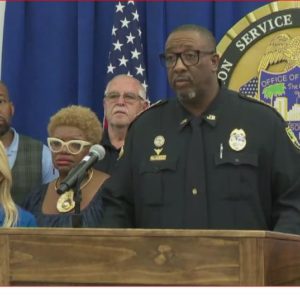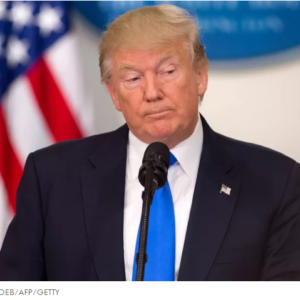Is this the it’s-about-time-moment? I am working as best I can to make it happen, but it will take sustained effort and pressure on all parts of our society–the economic, political and social systems–to ensure that real, meaningful, practical, and positive change sticks, and becomes the future of this country.
I find it truly amazing that the Black Lives Matter movement went from being associated with the fringe to being the vanguard of the latest move to once again (!) try and convince society that black people have been treated unjustly and have been killed for no good reason, or for no reason at all.
So far, this call seems to be sticking. Protests include faces of all hues, ages, and economic realities, and have continued unabated for almost three weeks. Cities and towns are being forced to recognize that they are supporting systemic racism with their actions, and to account for them. Corporations and sports leagues are, at least for now, professing their shortcomings and are promising to do better.
We have seen this before, but public support seems to truly be behind the movement.
But if we are to make real change to American society, it must begin with education. Education is families. Education is economics. Education is morality. Education is our best defense against those who believe that violence and more guns will solve our problems. And, of course, education is our best chance at bringing political change to this country.
Just as systemic racism has always existed and was uncovered again by the killing of George Floyd, the monstrous inequities in education were also uncovered by the Covid-19 lock-downs and the move to virtual schooling. As always, black students and their parents were the losers. Many schools shut down their school years in March and April, while others maintained educational programs until June.
You did not have to be a researcher, however, to see that students living in less affluent areas of the country could not get an education, which is their right, because of a lack of Internet access, computer hardware, or physical spaces in which they could study. Add the fact that black workers are more likely to physically go to their workplace during the pandemic, thus, leaving children in a situation that did not readily support learning, and you have the double tragedy that demonstrates the ongoing systemic racism in this country.
And then there’s the issue of policing.
It is true that the majority of police officers are good, and true, and committed, and hate bad colleagues. The problem is not what police officers do to earn our respect, like giving their lives in tragedies such as September 11 or Oklahoma City, or during natural disasters. The problem is why. Why do they do these heoric deeds then turn around and tell us that it was “Guiliani time,” or firing 41 shots into someone in an apartment house vestibule armed with nothing more than a wallet, or shooting a black man in the back while they were running away from the officer. And on and on.
Let me make myself crystal clear: I support a policing department when they do their jobs, support community programs, and, like umpires, are barely visible when they are making sure that citizens follow the law. But I also support the Black Lives Matter movement because too many black people have been killed, maimed, stopped and frisked, and otherwise harassed in numbers and manners that white people are not. We can all do both. In fact, it’s essential that we all do both because this is not a matter of a few isolated bad ones, it’s a culture that must be changed, an attitude that must be eliminated, a racism that must be uprooted.
That’s why we have calls to focus on education, community programs, drug treatment and rehabilitation. If we as a society can help people before they turn, or are forced to turn to crime, then we will have turned a wide corner towards a more civil society.
And it will take money. The problem, as it’s accumulated since the 1980s, is that public agencies and institutions have been made by deliberate political design, to compete against each other for the ever-more-scarce public dollar. Tax cuts that slathered money on the already-affluent while middle and working class incomes remain stagnated, worsened the problem. This must stop. We need a massive redistribution of how we spend public money in this country. On the revenue side, taxes on the wealthy must go up, and the unconscionable blasphemy that is the carried interest rule for hedge funds must be repealed. We have for too long acquiesced in the fiction that corporations or wealthy people can’t be taxed because they will leave their state or move to another country.
Go.
If you are so craven that the prospect of fully funding public institutions to the extent that they can fully meet their mandates and improve our society is prompting you to move, then go. And if you are a corporation that continues to use the tax system to pay no income taxes, then those laws need to be changed too.
Capitalism has its advantages. Rapacious capitalism, while as American as racism, must go. We need to spend money where it will effect the most public good. Not in military hardware for police or walls that shrink our country, or ever more jails to house people who could have a different life if they’d had a chance when they were younger. It’s time that we all thought more about the common good.
As for politics, I know that many black citizens are not thrilled by the choices we have for president, and that Joe Biden’s supported for the 1994 Crime Bill is especially odious. We know, though, what will happen if the president is reelected with a GOP majority in the Senate. More conservative judges and more support for a militarized police force. More racist voices and a backlash against any gains that will have occurred between now and next January. For me, the choice is clear. I hope it will be for you.
For more, go to www.facebook.com/WhereDemocracyLives or Twitter @rigrundfest
